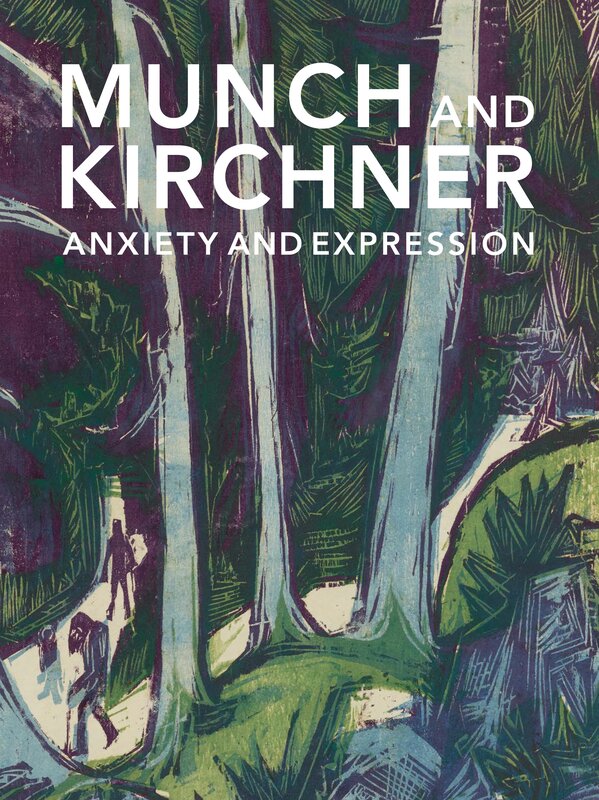The Norwegian artist Edvard Munch (1863–1944) and the German artist Ernst Ludwig Kirchner (1880–1938) are considered modernist visionaries. They were also pioneering printmakers, eschewing the mastery of one technique for experimentation across many. Born a generation apart, they worked in an expressionist mode, in which they did not simply replicate what they saw but rather filtered everything through their own imagination and memories. Exploiting the perceptual and emotional power of color and abstraction for creative expression, they portrayed what they perceived to be a fragmented, harrowing reality; both artists endured bouts of anxiety and depression, battled substance abuse, and received psychiatric care. Featuring never-before-published prints from the collection of Nelson Blitz, Jr., and Catherine Woodard, as well as etchings, lithographs, and hand-colored woodcuts from select public and private collections across the United States, this volume puts these two giants of Expressionism in a dialogue that foregrounds issues of mental health and offers a fresh approach that blends art history and the history of medical treatment. The included essays examine the artistic affinities and divergences in their printmaking and the ways in which they used shadows to imagine pathologized psychological and psychiatric experiences in their art.
Munch and Kirchner: Anxiety and Expression

































